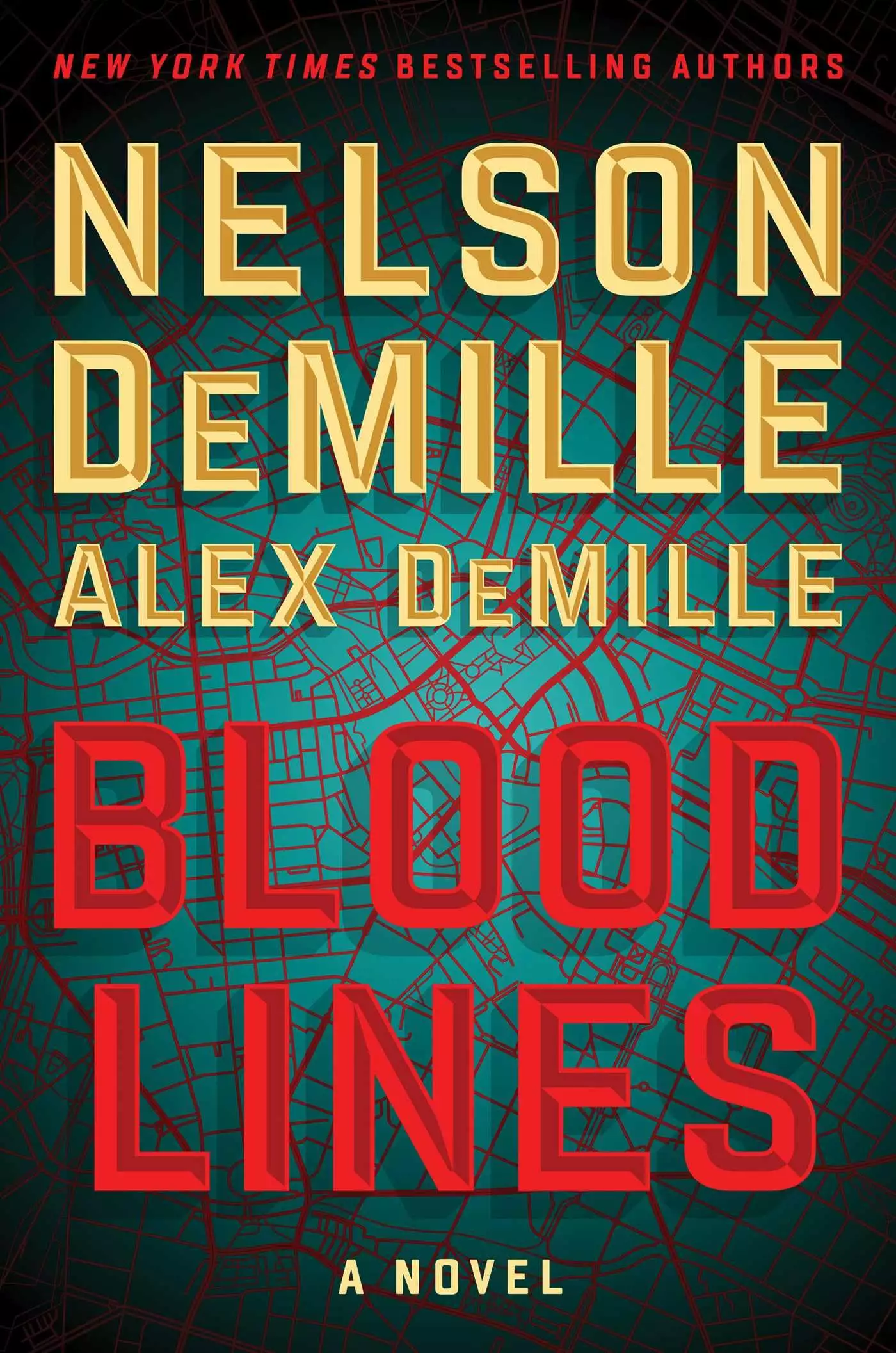below street level. He checked his watch as he waited on the platform: 2:27 a.m. It was the weekend, so the S-Bahn ran all night. He watched a young couple huddled inside a glass-paneled shelter as a cold north wind whipped down the platform.
On a typical case, he’d have his partner, Mark Jenkins, with him. But this wasn’t a typical case. In fact, it wasn’t a CID case at all. He was moon- lighting here in Berlin, hundreds of miles from the headquarters of the U.S. Army’s 5th Military Police Battalion in Kaiserslautern, a small city near Frankfurt where Vance lived and worked. His colleagues knew he came to Berlin whenever he had time off. They assumed it was for a woman, and they made their jokes. But they were only half right.
He thought about his wife, Julie, back in Kaiserslautern, soon to be ex if the papers ever went through. German efficiency, he’d found out, did not extend to divorce proceedings. She was a good woman and didn’t deserve half the crap he put her through. Then again, she’d chosen to stay in the marriage. We all make our own prisons.
Vance spotted the train approaching and took a last drag on his cigarette. He flicked the butt onto the tracks, then took out his cell and texted: Ich bin unterwegs. I’m on my way.
After a few seconds he received a reply: Ich werde da sein. I’ll be there.
The train eased into the station and Vance boarded. He took a seat and looked around as the train pulled out. His car was mostly empty, as was the entire train, the length of which he could see due to the open gangways. He spotted a group of hyperactive twenty-somethings at the far end, prob- ably club-hopping until dawn. He’d done that once with Anna, which was one time too many. She thought she was keeping him young, but she was actually just reminding him of the gulf between them.
The city slid by out the grimy window. He was heading southeast to Neukölln, a neighborhood with a large Turkish and Arab immigrant popu- lation, made larger in the last few years thanks to Germany’s generous asy- lum policy toward Syrian refugees. It was a policy that made many Germans proud—and enraged and frightened just as many.
Vance tried to stay out of his host country’s internal politics, though as a Chief Warrant Officer in the CID’s Terrorism and Criminal Investigation Unit, or TCIU, this rapid influx of refugees had affected his caseload. There
were dozens of U.S. Army installations across Europe, and Vance and his colleagues in the TCIU were responsible for investigating perceived ter- rorist threats against all of them, as well as threats against any U.S. Army personnel located on the European continent or North Africa, which was his command’s area of responsibility.
In truth, most of the flood of refugees arriving in Germany came here to escape the ravages of war and create a better life, and even the criminal element among them largely restricted their activities to nonpolitical felo- nies. But it was the potential ISIS or al Qaeda operatives who managed to slip through, and also the jobless and isolated young men who became rad- icalized once in Germany, who kept Vance and his colleagues busy. As they say in counterterrorism, the good guys need to succeed every time; the bad guys need to succeed only once.
Vance looked out the window as the train crossed over the Spree River, and then passed from the former East Berlin into the West. What had once been a fortified wall of concrete, razor wire, dogs, soldiers, and searchlights was now a phantom border crisscrossed by twenty-four-hour train lines and rejoined streets, and you’d have to have a sightseeing guide to find the few shards of the Wall still standing. Vance figured that was probably a good thing. Berlin, more than most places, had to navigate remembering the past without becoming a shrine to its horrors.
He remembered watching the Wall come down on TV. The cheering crowds as people took sledgehammers to the hated structure. East German police and soldiers standing impotent as Germans from East and West de- fiantly held hands atop the Wall, one people again.
He had been in his first semester of his senior year at Johns Hopkins, thinking about a military career and what his role might be in helping to contain the Soviet menace. And then, in the blink of an eye, the forty-year Cold War was over. The Iron Curtain parted. The nuclear threat lifted. A new world had dawned overnight, and no one knew what to do about it. It turned out the new world was more complicated than the old, and thirty years later Vance was still trying to figure it out.
